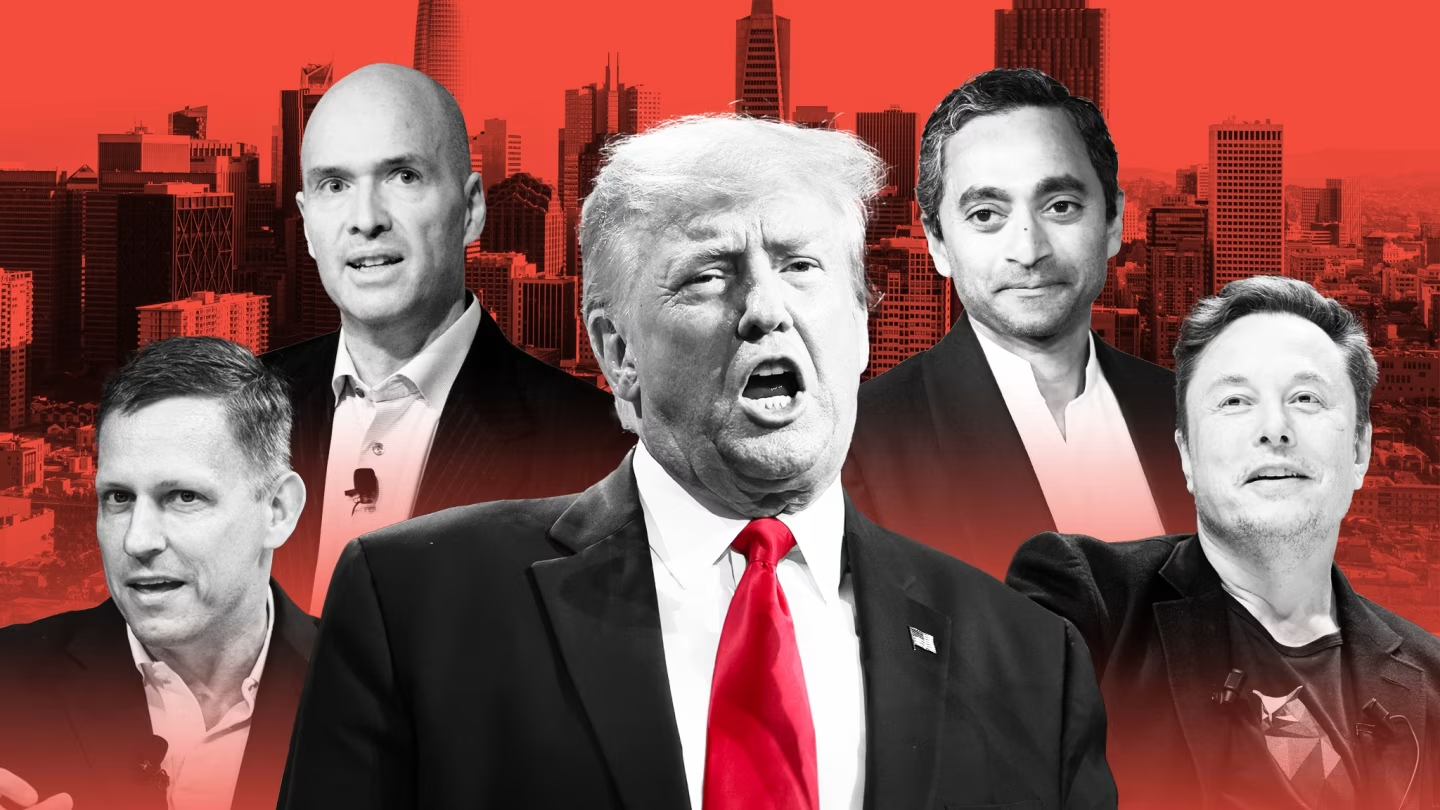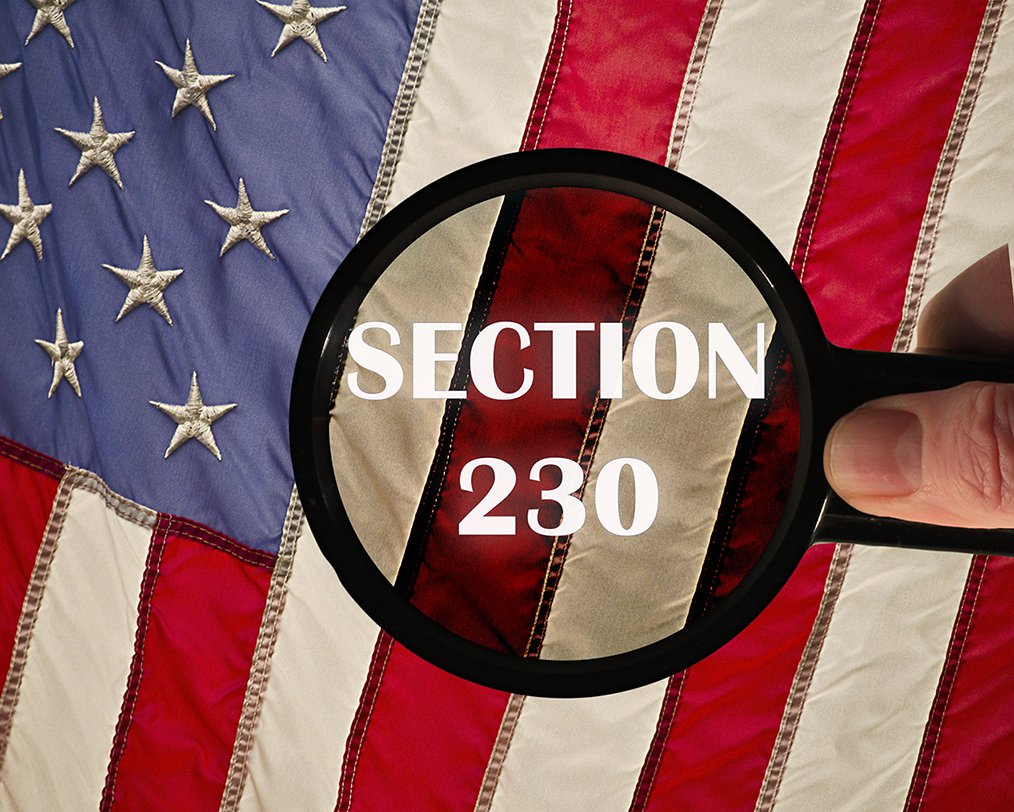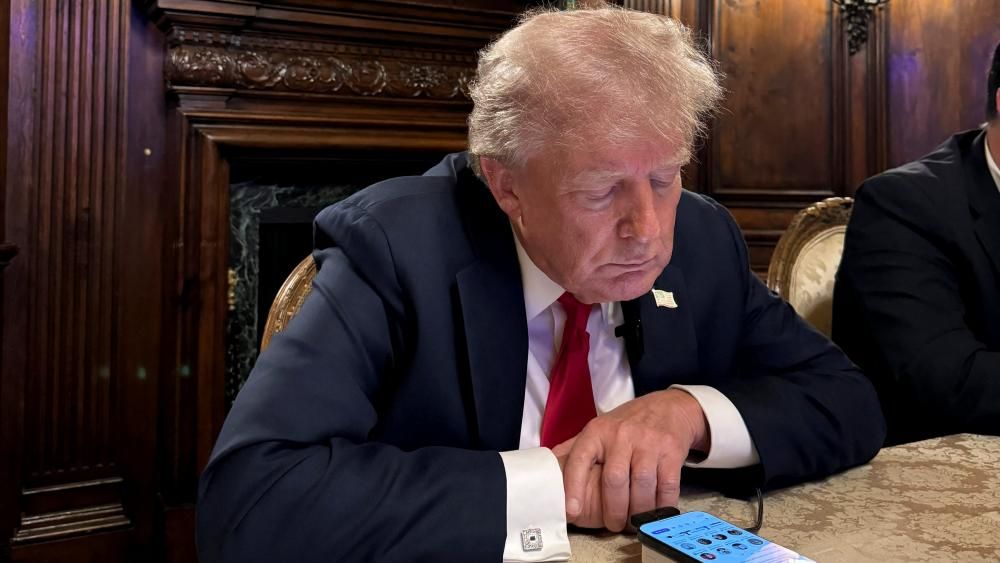
Donald Trump’s return to the White House in 2025 could alter the relationship between technology and its users. This reshapes how tech companies operate, and interact with users and the overall regulatory environment. This blog explores Trump’s presidency on technology applications and their users.
A Shift in Regulatory Attitudes
Deregulation and Business-Friendly Policies
Trump’s administration would adopt a more business-friendly approach, which could lead to the deregulation of tech companies. This shift encourages innovation and growth within the sector but results in less oversight of user privacy and data protection. The Republican platform has indicated a desire for regulations perceived as hindering technological advancement, under the Biden administration.
Section 230 and Liability Concerns
The most contentious issue is Section 230 of the Communications Decency Act. Which protects tech companies from liability for user-generated content. Trump threatened to repeal this law, and it also allows platforms to censor conservative voices with harmful content. If it is released, tech companies might become more cautious in moderating content. This led to a more sanitized online environment where users may face increased censorship or a lack of diverse viewpoints.

User Privacy and Data Security
Increased Surveillance and Data Collection
Under Trump’s leadership, there may be a push for increased surveillance capabilities, particularly concerning foreign apps like TikTok, which has been labelled a national security threat. The administration’s stance could lead to stricter regulations on data collection practices, especially for apps having ties to foreign governments. This could create a climate of fear among users regarding their data privacy. Due to government demands on tech companies for user data.
Impact on User Trust
The combative relationship between Trump and major tech companies could erode user trust. As Trump has frequently criticized platforms like X and Facebook for perceived bias, users may become more sceptical of the information they receive and the platforms they use. This scepticism could lead to a fragmented user base, where individuals gravitate towards platforms that align with their political beliefs, further polarizing the online discourse.

The Role of Big Tech in Politics
Censorship and Content Moderation
Trump’s administration may push for changes in how tech companies handle content moderation. The expectation will increase scrutiny on platforms censoring conservative viewpoints. This led to a more aggressive stance from tech companies in either defending their moderation policies or facing backlash from users.
The Rise of Alternative Platforms
In response to perceived censorship, there may be a rise in alternative social media platforms. This caters to users seeking less regulated environments. Trump’s social media platform Truth Social exemplifies this trend. Because it aims to provide a space for users who feel marginalized by mainstream platforms. This could lead to a bifurcation of the online landscape, where users choose platforms based on their political affiliations rather than the quality of content or user experience.

The potential return of Donald Trump to the presidency could lead to significant changes in the relationship between tech applications and their users. From regulatory shifts that favour business interests to increased scrutiny of content moderation practices, the implications are vast. Users may find themselves navigating a more polarized and potentially less secure digital landscape, where their choices are influenced by political dynamics as much as by technological advancements.
Read more on Lifetips.blog













